
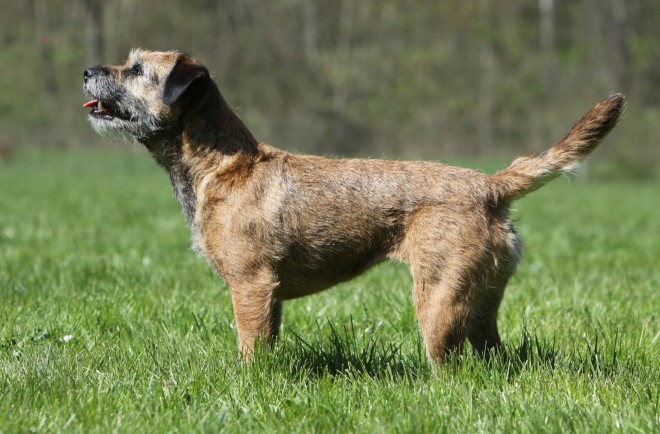 The Six Scottish Breeds Of Terrier
The Six Scottish Breeds Of Terrier
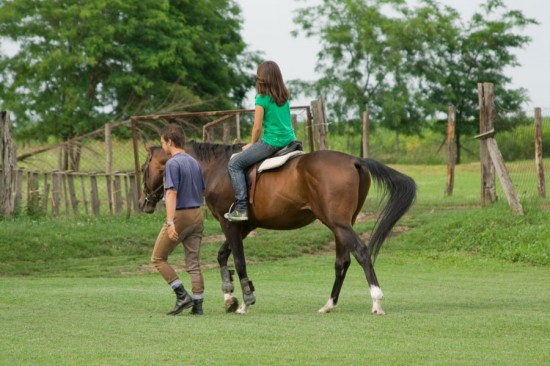 Choosing A Horse Riding School For The Novice Rider
Choosing A Horse Riding School For The Novice Rider
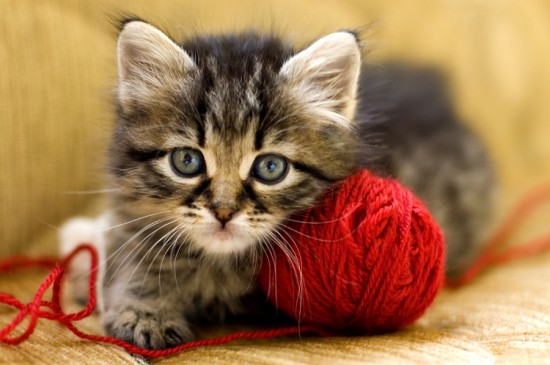 Wool-eating In Cats
Wool-eating In Cats
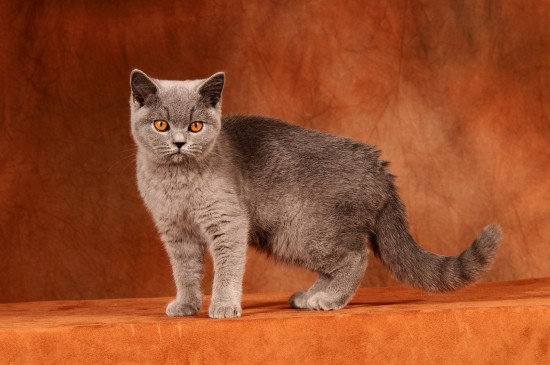 The Feline Calendar – 12 Top Tips To Keep Your Cat Healthy & Happy All Year
The Feline Calendar – 12 Top Tips To Keep Your Cat Healthy & Happy All Year
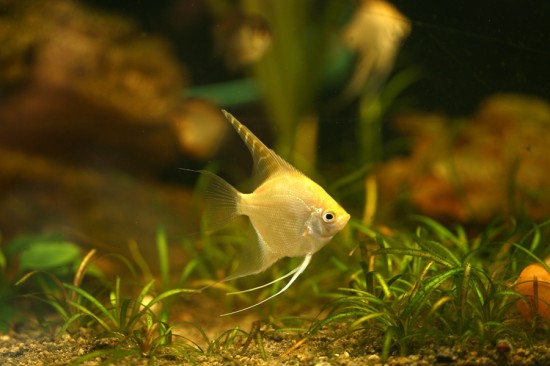 Something Smells Fishy; Keeping Your Fish Tank From Smelling
Something Smells Fishy; Keeping Your Fish Tank From Smelling
 Some Frequently Asked Questions About The Gordon Setter Dog Breed
Some Frequently Asked Questions About The Gordon Setter Dog Breed
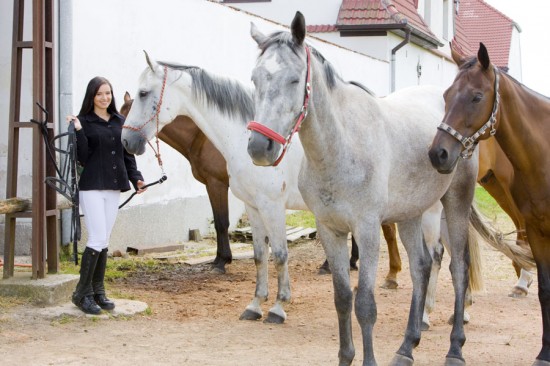 Horses - Which Breed Is Best For Me?
Horses - Which Br
Horses - Which Breed Is Best For Me?
Horses - Which Br
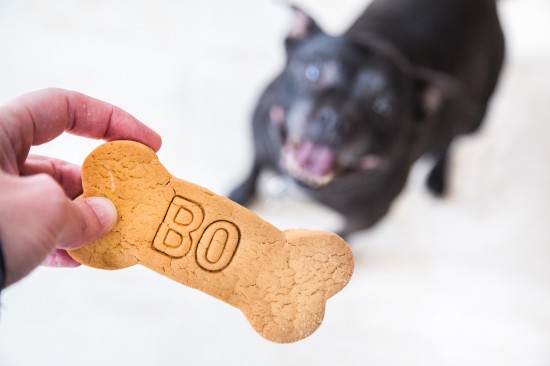 4 Great Home-made Tasty Doggy Treats
4 Great Home-made
4 Great Home-made Tasty Doggy Treats
4 Great Home-made
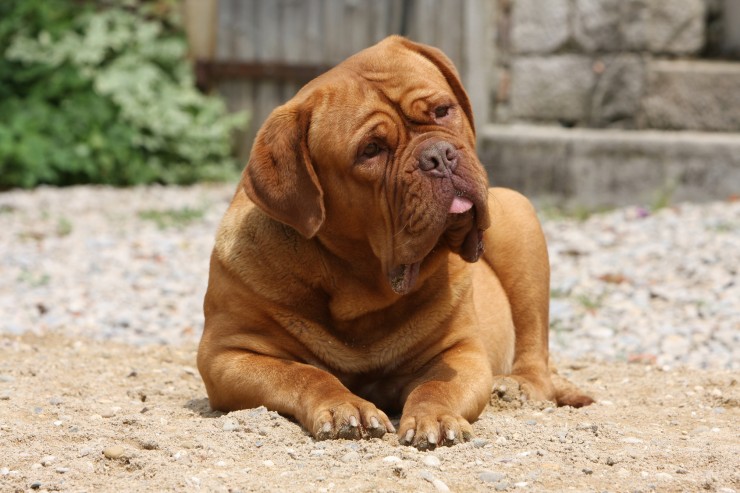 How The Size And Breed Of Your Dog Affects Their Health In Old Age
How The Size And
How The Size And Breed Of Your Dog Affects Their Health In Old Age
How The Size And
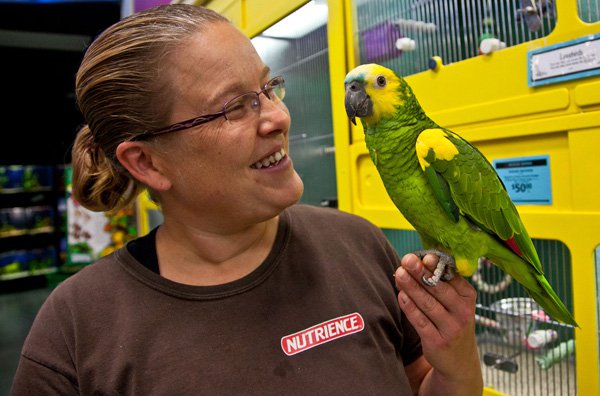 Complete sinking water food spirulina wafers best for aquarium fishes
Complete sinking water food spirulina wafers best for aqua
Complete sinking water food spirulina wafers best for aquarium fishes
Complete sinking water food spirulina wafers best for aqua
 Working And Show Type Cocker Spaniels
Working And Show
Working And Show Type Cocker Spaniels
Working And Show
Copyright © 2005-2016 Pet Information All Rights Reserved
Contact us: www162date@outlook.com